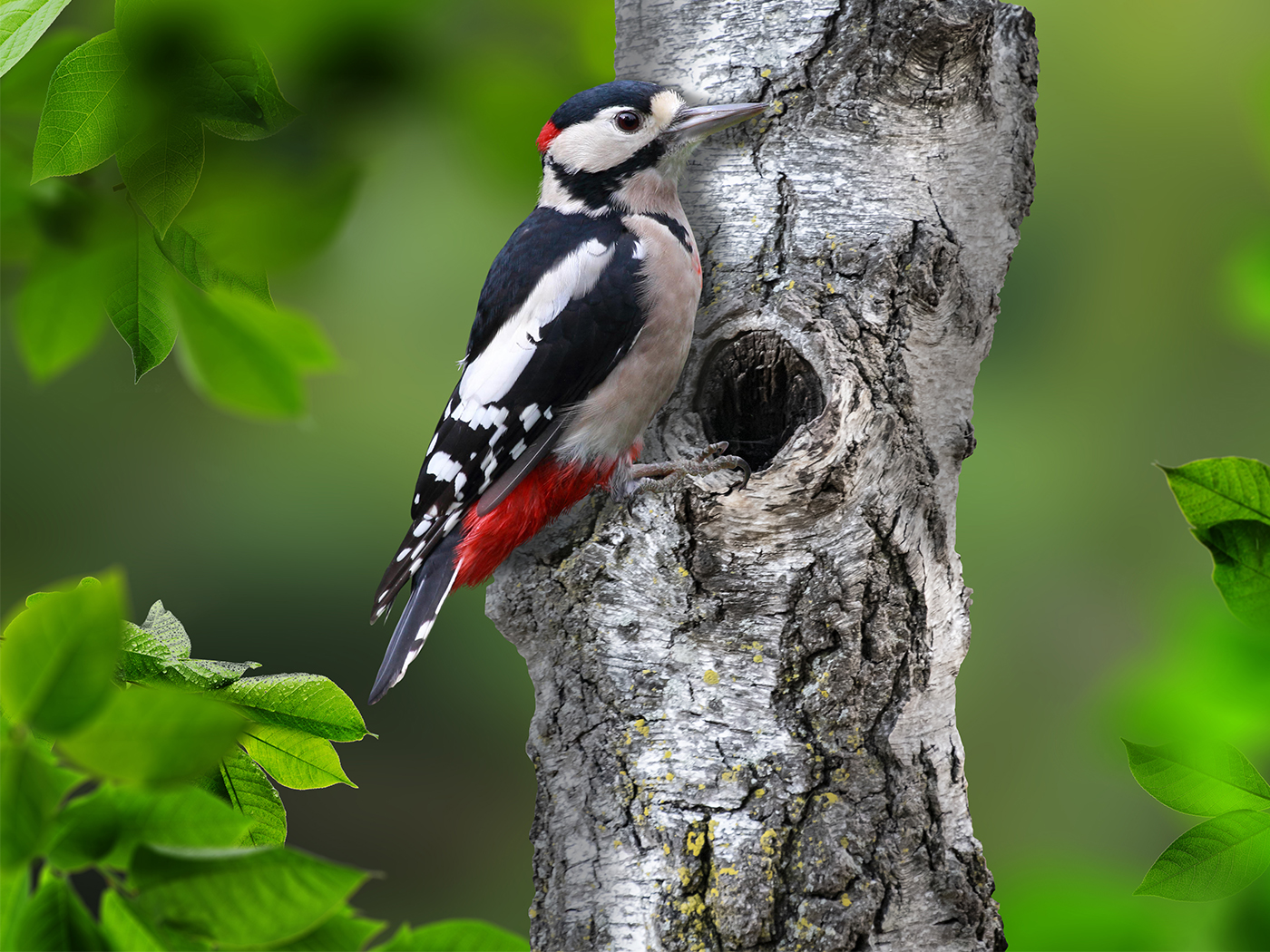One of the errors most frequently made today, even by Bible-believing Christians, is to try to understand the creation period and processes in terms of today's processes and our own experiences. The same could be said for the periods between the end of creation and the curse, between the curse and the flood, and the flood episode itself. These miraculous times were so very different from today that any effort to understand them by today's standards is doomed to failure.
Today's secular way of thinking includes the concept that there never have been any episodes in earth history dramatically different from things occurring or possible today. The Bible identifies this false way of thinking by the creed of the latter-day scoffers that "all things continue as they were from the beginning of the creation" (II Peter 3:4), i.e., that only present processes, operating within the parameters of processes operating today, are responsible for the shaping of the earth's crust and the evolution of all life from non-living chemicals. This concept, of course, denies the truth, for it excludes the creation, the fall, and the flood. The very concept is anti-Biblical, ascribing the creative works of God to "nature" and limiting God's perfect creation to our current understanding of our present world.
Unfortunately, all too many Christians, trained in the secular way of thinking, fall into this trap. While giving lip service to God and creation, they adopt a naturalistic worldview, claiming that God did it naturalistically! This leads to innumerable difficulties and contradictions, scientific, Biblical, and theological.
One such problem relates to the nature of plants and the "lower" animals. The Bible teaches that in the original creation, there was to be no death. Yet God also instructed Adam and Eve, as well as the animals (Genesis 1:29-30) to be plant eaters. Would not the eating of plants constitute death?
The answer to this seeming problem lies in a Biblical understanding of "life," or "living." Note that the Bible makes a sharp distinction between plants and animals. During Day Three of Creation Week, God commanded the inanimate earth to "bring forth plants" (Genesis 1:11,12), while on Day Five, He "created...every living creature that moveth" (v. 21). At this point, and on Day Six to follow, He instituted the concept of giving "life" (Hebrew nephesh) to non-living matter—something He did not do for plants. This required supernatural creation, and the resultant living animal kingdom was something new and different from all that had gone on before.
The Bible never refers to plants as living. They may "grow," or "flourish," but they do not "live." Neither do they "die." The Bible teaches that they may "wither," or "fade," but not "die," since they are not "alive," having neither "life" (nephesh), nor breath of life" (ruach), nor "blood" (i.e. "the life of the flesh is in the blood" [Leviticus 17:11]). This state may be analogous to lack of consciousness, so that, while biologically alive, plants are therefore not Biblically "living." A similar argument can be made for some of the "lower" animals (perhaps some types of worms, sponges, etc.), and certainly for protozoans and viruses. Their "death" would not constitute death of truly living organisms.
* Dr. John Morris is the President of ICR.
Cite this article: Morris, J. 1991. Are Plants Alive? Acts & Facts. 20: (9).
















